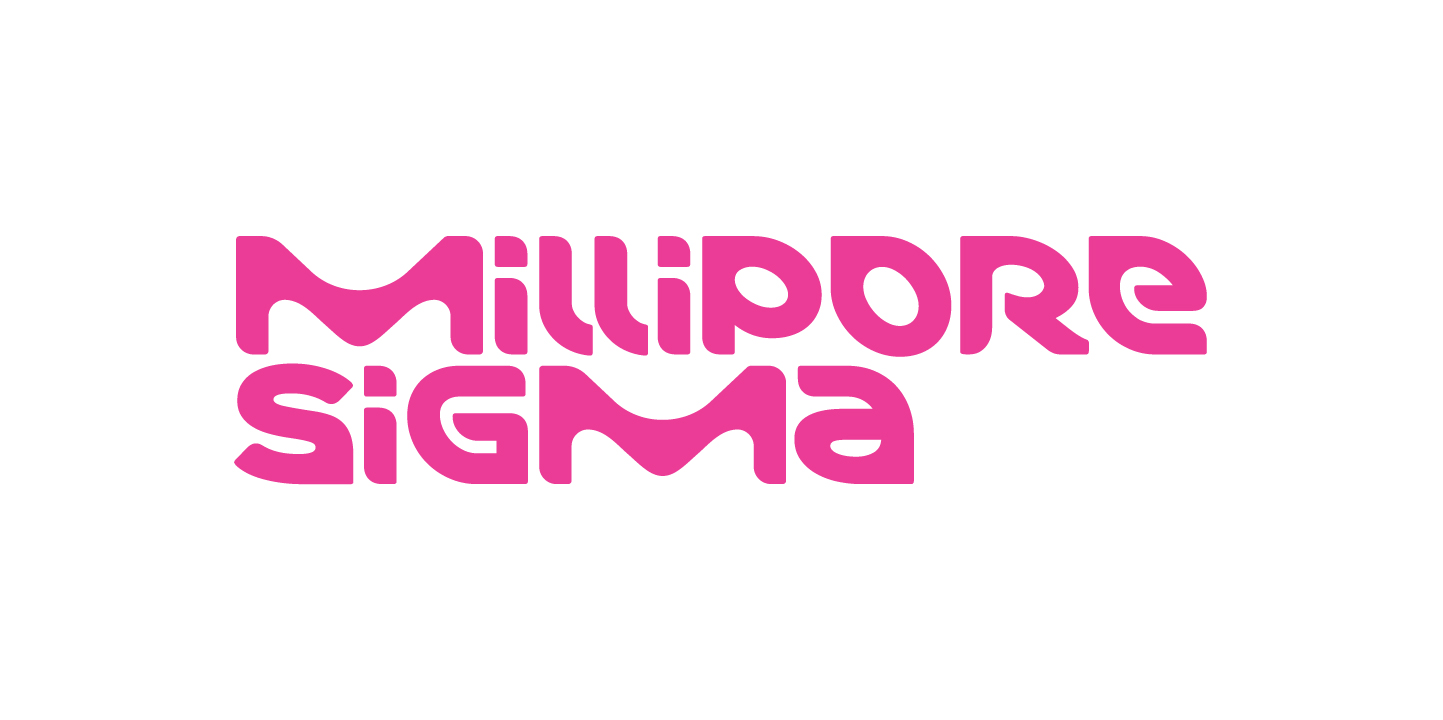All I’m Askin’ for Is a Little C.L.A.R.I.T.Y.
By Jeffrey Whitford

Originally published on Money Inc.
In the ’60s, Aretha Franklin created an anthem that still rings true today. She asked for something simple…respect. And just in case the receiver of that message didn’t get it, she spelled it out for them — literally. While respect isn’t my request today, it is for something in the same vein. Over the past few months, I’ve had several situations at work or in my personal life in which I’m left perplexed. Either I thought I knew what was going on or thought I was clear on what a frame was, but apparently not — so all I’m askin’ for is a little…clarity.
Personally or professionally, the gift of clarity is not one to underestimate. How many times do we start down a path because we think we have an idea of what we’re supposed to be doing, only to learn that either we didn’t know or another person was on a different page? When I step back and really listen to conversations around me or with my team, this is at the core of the discussion. But why is clarity so hard? And why aren’t we more adamant about asking for it?
I moved to Germany about a year ago to begin an expat assignment. I’d previously lived in the same state of Missouri my entire existence. I thought of myself as global with as much international travel as I’d done, but I quickly realized that cultural differences don’t have to be dramatically different to have an effect. They can be quite nuanced and very simple differences. The question is, are you paying close enough attention to learn from those lessons and change your behavior and approach?
In this case, that lesson came in the form of risk avoidance which, at the time I went through my “Cultural Training” seminar as part of my international assignment, was just an interesting concept hanging out on its own. The broad idea is that in German culture, you spend more time on the upfront planning and understanding before springing into action. However, in the United States there is a tendency to get a basic comprehension of what’s happening and then flex along the way as you discover new information that could alter your outcome. When Maika, my cultural trainer from Berlin, shared this idea with me I was like, “Oh, that’s nice and this explains a lot,” but I was still missing the practical application of how it directly affected me.
My “double down” initiative for 2018 also came with requesting a dose of clarity on a variety of topics. While I don’t think I have it in me to be as process driven as my German counterparts, I’m working to lean in to it a bit more and seeing firsthand how clarity aids in making things go more smoothly. I liken this process to doing a mental coin flip to say, “Is it worth the pain now or will it hurt less in smaller chunks spread out throughout this process?” I think I still lean toward the side of spread it out down the road and get some momentum behind you, but I’m adjusting and here’s how.
I joined a kick-off meeting for a large project that I’m overseeing, which touches literally every product in our portfolio. That’s a published number of 300,000, but doesn’t take into account all of the different packaging SKUs and all of the accompanying documentation. This meeting was held at our German headquarters in Darmstadt, which also happens to be home to our largest production site globally. As we started to go through the project kick-off and some of the questions from the team, I became internally frustrated — and then it happened. Someone said, “I need some clarity.” There it was — the moment when these two concepts collided in my mind. Risk avoidance meet clarity; clarity meet risk avoidance. I was able to shed some light on key aspects that removed hurdles — not even big ones but nonetheless hurdles — from the conversation that helped us move on and give some stakeholders peace of mind or at least a minimization of risk. This then allowed us to continue to map out the process to take on the monumental task at the mothership.
So what? Well, as I’ve written before, I’m all about figuring out how we can do crazy, big, audacious, transformational things — be that reducing the impact of consumer projects by utilizing green chemistry or our DOZN™ quantitative green chemistry initiative, making scientific education more interesting by utilizing strong curricular content with a stimulating multi-sensory environment like the Curiosity Cube™ mobile science lab or increasing packaging sustainability for our global business. In my journey to that feat, clarity is making itself a needed part of the equation. Clarity in spaces where the unknown may take up residency is especially important. Take Corporate Responsibility (CR), for instance. For some the topic is warm and fuzzy at best, but with more clarity, I’m convinced that we can make CR not only business relevant to all of our 20,000 employees but also the game changer it’s been billed to be.
Clarity helps us achieve our goals more efficiently. It seems so simple and, to be frank, that’s the annoying part about it. Somehow it’s the simple things that we let drop. It’s important for each of us to articulate exactly where we’re coming from, what our viewpoint is and what information we think we’ve heard. Sometimes we try to interpret messages we get from people. I’ve spent a ridiculous amount of time reading into messages to try to understand the meaning, and even with that investment, I’ve been woefully wrong. The key here is that it’s not a one-way street. Sometimes those conversations are hard and it takes courage to have them — while other times, they’re easy and a relief to stakeholders or fellow colleagues because everyone knows the deal. So, as Aretha so boldly declared her request, I am going to do the same with mine — for just a little CLARITY!
Jeffrey Whitford is head of global corporate responsibility for MilliporeSigma.

